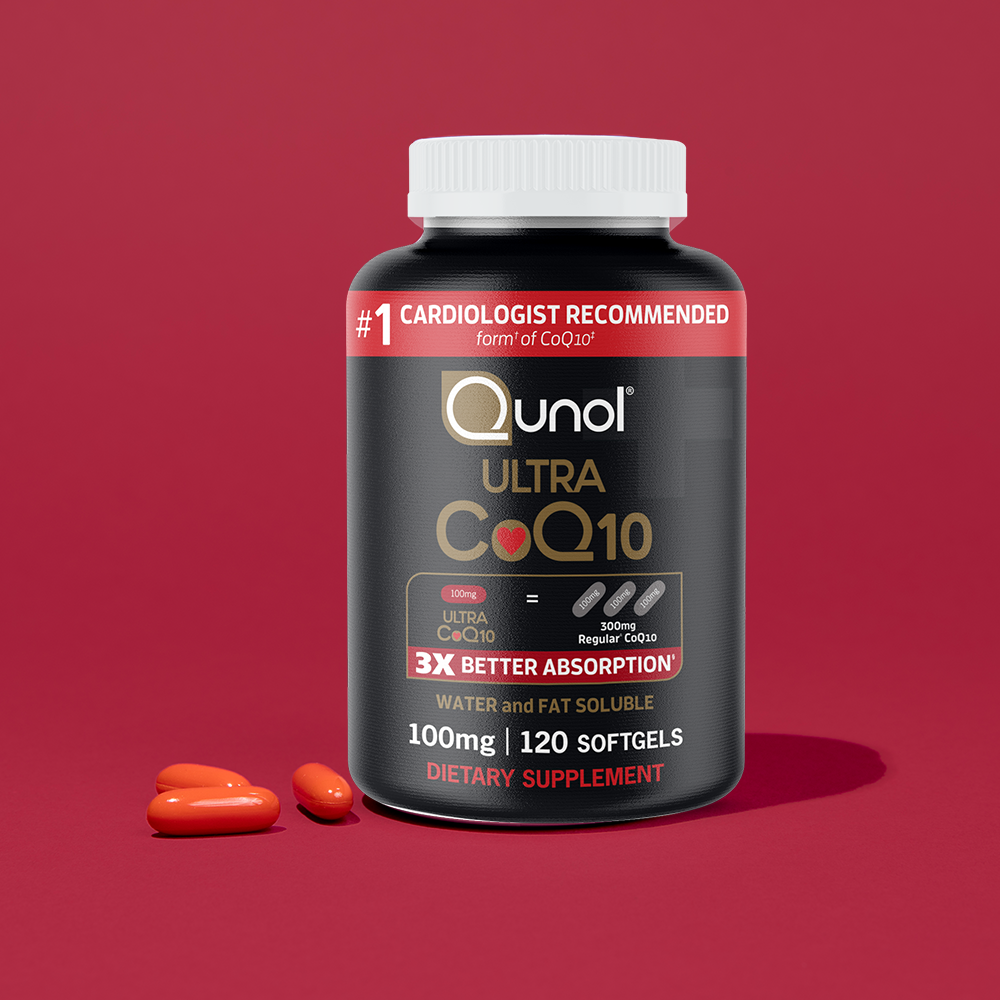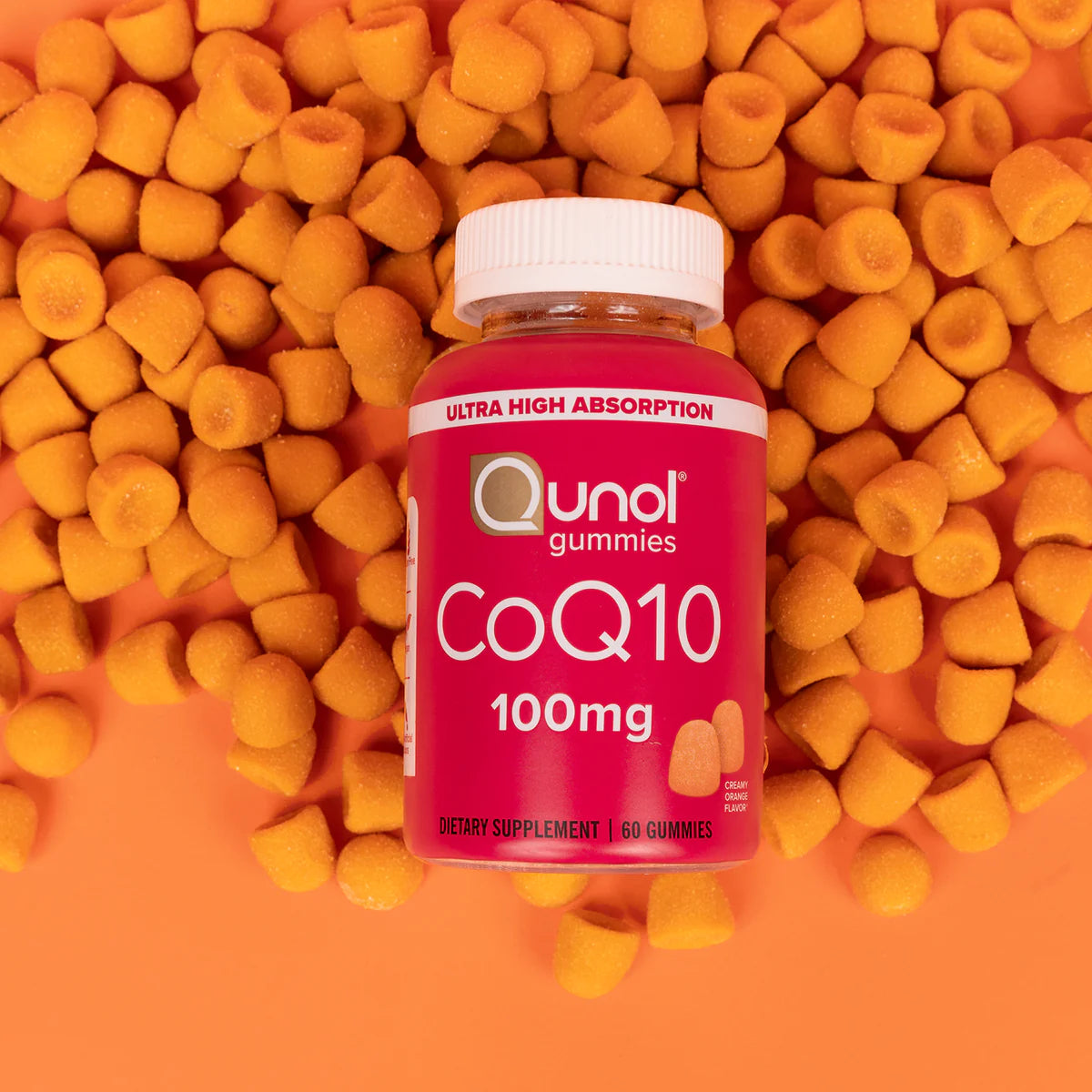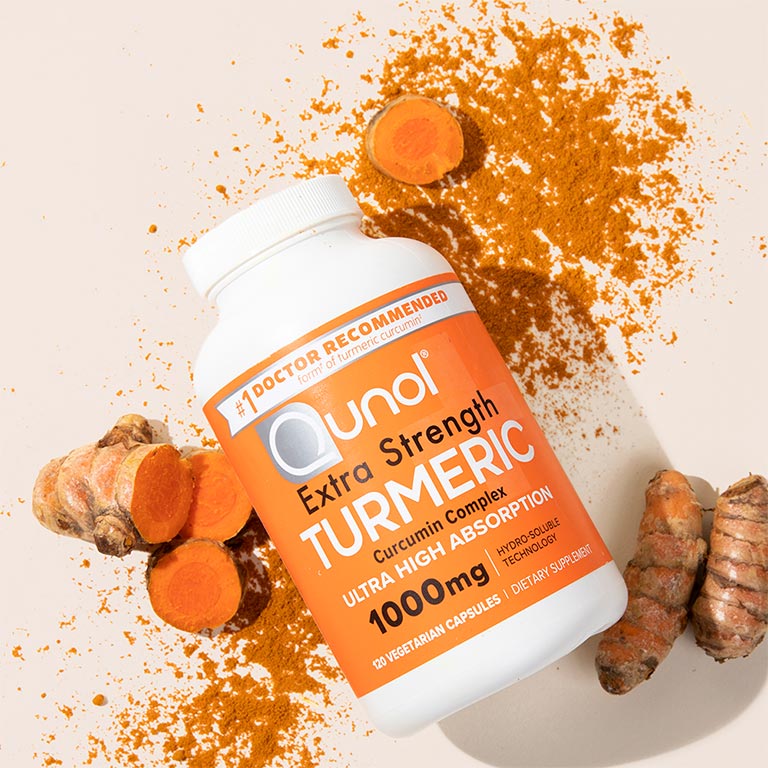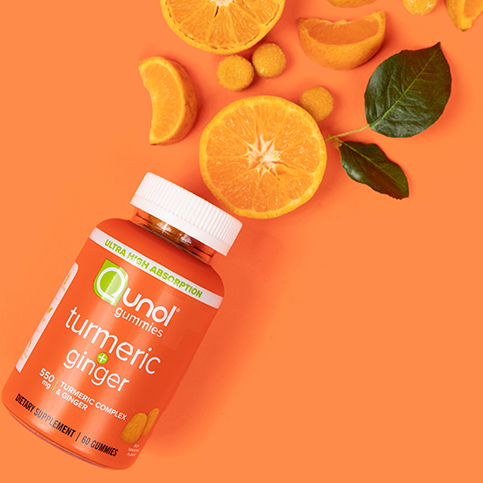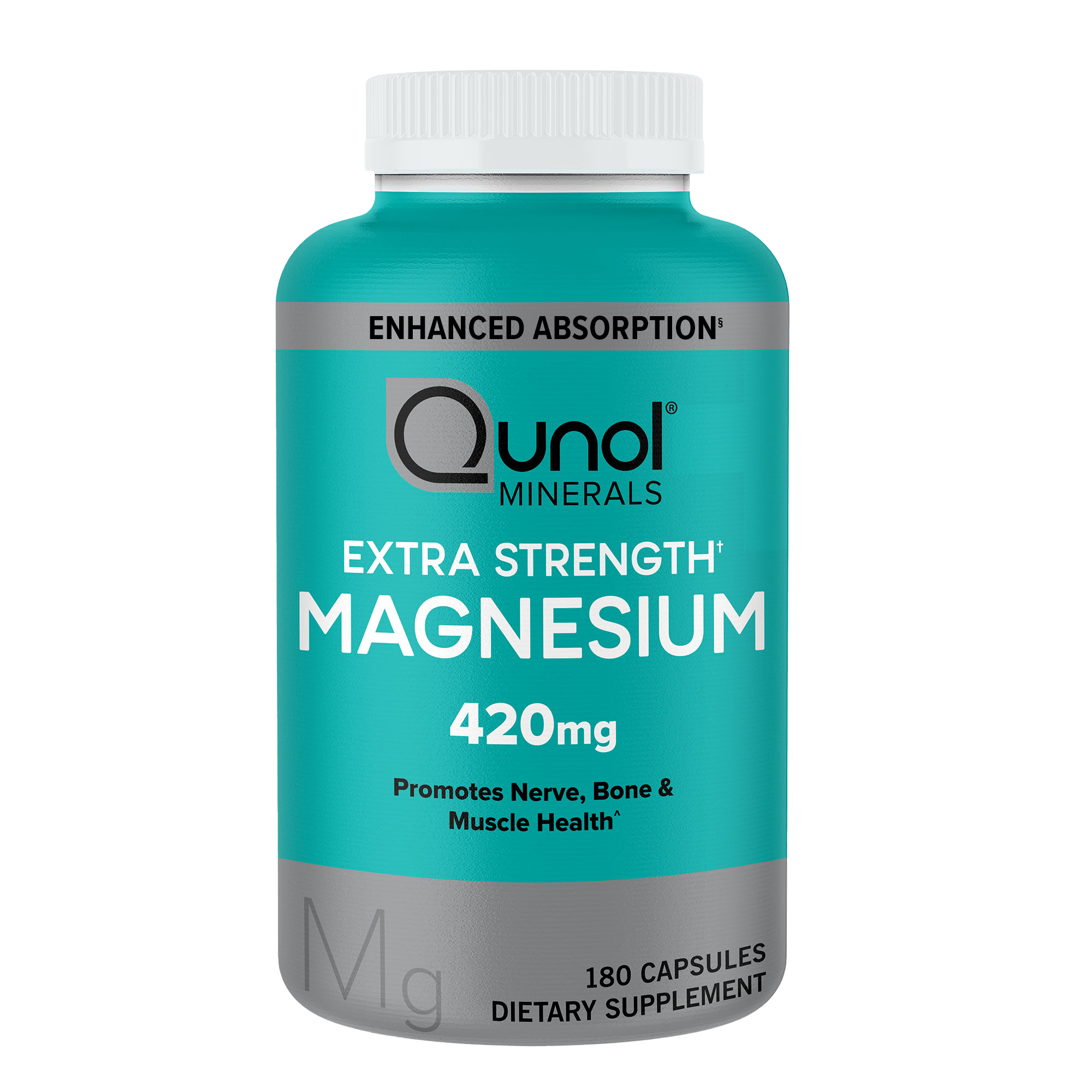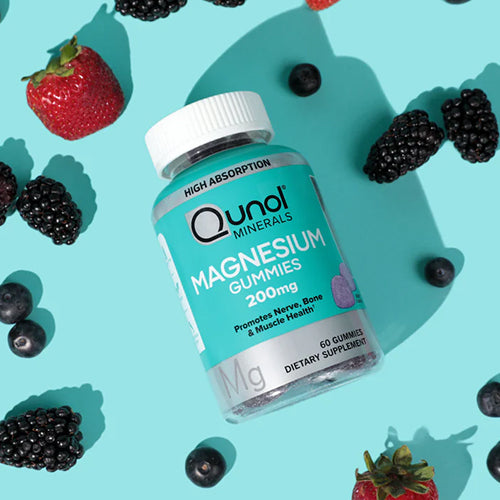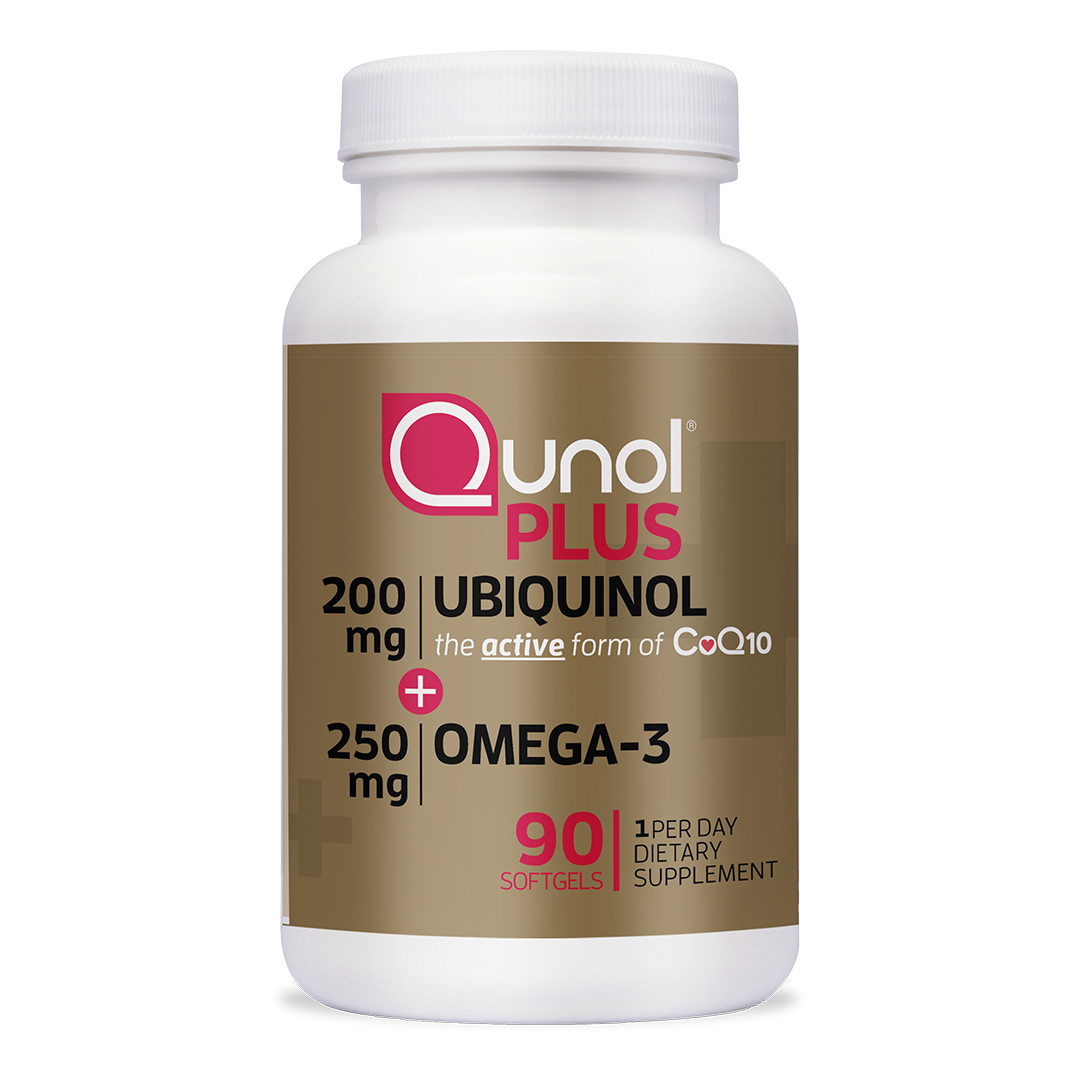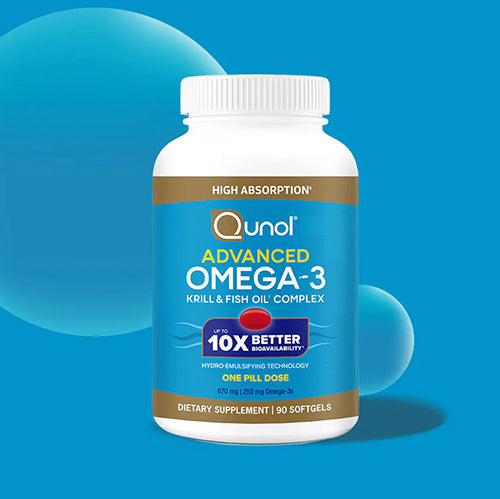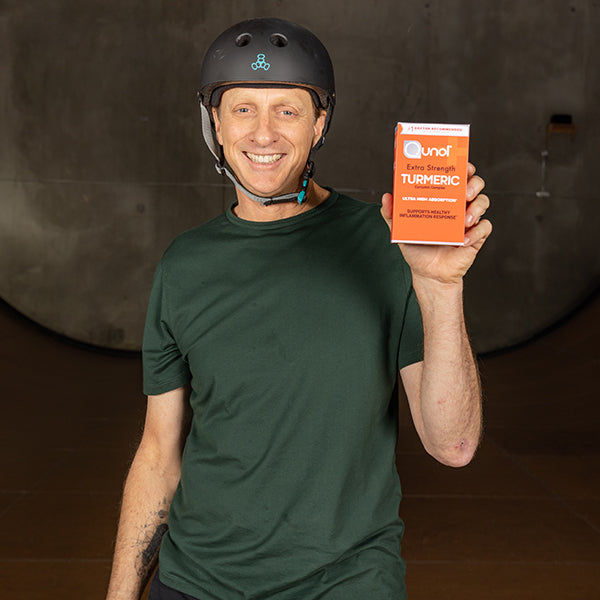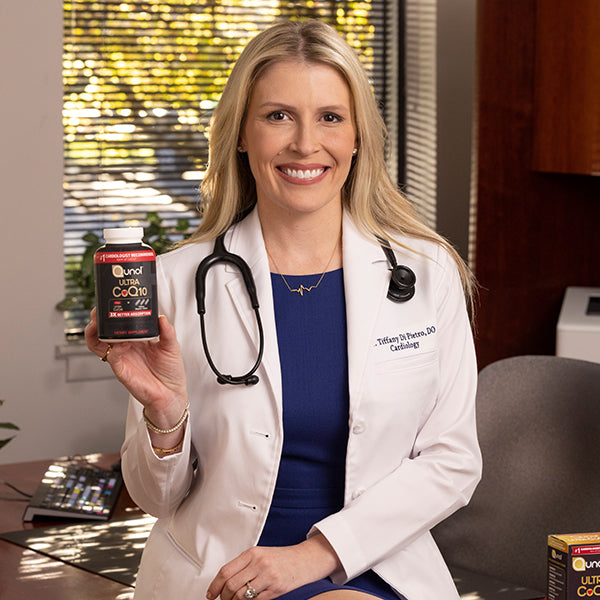Turmeric as a Supplement
Turmeric helps support inflammation response associated with physical overexertion†. It is a healthy addition to a diet, however there is a difference between eating the food and taking it as a supplement.
Curcumin vs Turmeric
The easiest way to know the difference between turmeric vs. curcumin is to think of turmeric as the source of curcumin. Curcumin is one of three bioactive compounds within turmeric.
What is Turmeric?
Turmeric is a plant related to ginger that is grown throughout India, other parts of Asia, and Central America. It is sometimes called the “Golden Spice” because of its yellow, earthy color. The use of turmeric can be traced back over 5,000 years when traditional cultures utilized it as a fabric dye, seasoning spice, and an herbal remedy.
Let's break it down further. Turmeric is a root vegetable from the ginger family and the star player in curried dishes and the popular drink, Golden Milk. This flowering plant is found in areas of India and Southeast Asia, and is often included in recipes to help create a bold yellow or orange color in the dish. To obtain the Golden Spice, the root of the turmeric plant is boiled, dried, and ground to a powder. This is the turmeric you find on the spice rack in the grocery store and in some herbal supplements. Various common names for turmeric can include Indian saffron, yellow ginger, yellow root, or kacha haldi. The turmeric plant is also known by the scientific name curcuma longa, which is most likely where curcumin got its name.
What is Curcumin?
When scientists took a closer look at turmeric, they found three bioactive compounds with health-promoting properties housed within the root of the plant. Known collectively as curcuminoids, these antioxidant compounds include:
- Curcumin (or diferuloylmethane)
- Demethoxycurcumin
- Bisdemethoxycurcumin
Curcuminoids are natural polyphenols that occur naturally in plants and contain health-promoting properties. You receive some polyphenols from fruits and vegetables, but like curcuminoids, there are multiple types that can provide various benefits.
Curcuminoids are a unique group of polyphenols found only in the turmeric plant. But between the 3 curcuminoids in turmeric, one stands out above the rest. Curcumin, or diferuloylmethane, offer the biggest health benefits.
Taken as a supplement, turmeric helps support healthy inflammation response associated with physical overexertion† and helps support joint health*.

How Can I Add Curcumin to My Diet?
Although curcumin is the main compound needed to get the health benefits, that doesn't mean you need to find a curcumin supplement. Taking a turmeric supplement with enhanced absorption is a great way to get curcumin into your body. Though many Indian foods and healthy recipes contain turmeric, there is a huge difference between eating it as a whole food and taking it as a supplement. When eating turmeric as only a spice, your intake is less than 3% curcumin.
Another difference between foods naturally containing turmeric and a turmeric supplement is the bioavailability to your body. You may have heard health-conscious friends or seen news articles stating that to get the benefit of curcumin from turmeric in your diet you need to be sure you are eating your turmeric combined with an activator, like fat or black pepper for your body to properly absorb the nutrient. This advice comes because turmeric as a spice has poor bioavailability for your body to get curcumin’s benefits from eating the spice alone. When taking a turmeric curcumin supplement, look for one with enhanced absorption which provides a higher bioavailability than the natural spice.
To best use a turmeric curcumin supplement, follow dosage directions on the bottle and consult your primary care physician with any health questions or concerns.
Are All Turmeric Curcumin Supplements the Same?
If you want to receive the full benefits of turmeric, look for a turmeric curcumin supplement like Qunol Extra Strength Curcumin Complex with water dispersion technology for enhanced bioavailability and superior absorption, even over other supplements.
†May help reduce temporary inflammation associated with physical overexertion.
This product is not intended to treat, prevent or cure inflammation associated with any disease.
*These statements have not been evaluated by the Food and Drug Administration. This product is not intended to diagnose, treat, cure, or prevent any disease.

